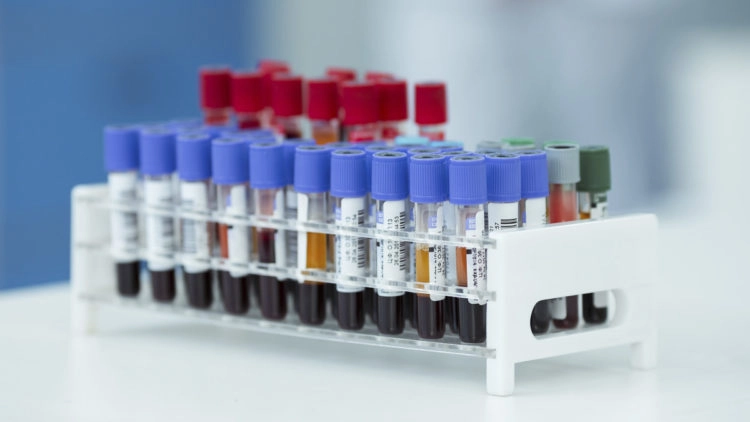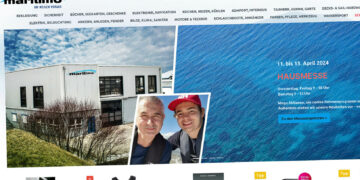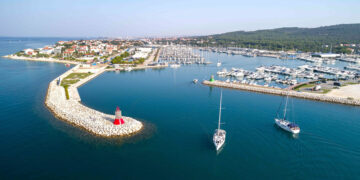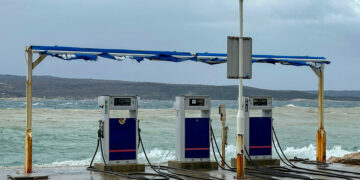Was the whole panic around travel returnees from Croatia infected with the Coronavirus only a politically motivated “Punch and Judy show” to “punish” vacationers who did not adhere to the requirement of the Austrian government to spend their vacation in their own country? If one looks at the figures recently published by the state of Carinthia, it certainly allows this conclusion.
Exact numbers from Carinthia
Carinthia reports: Anyone who spent their vacation in Croatia between 7 and 16 August could have themselves tested for the coronavirus in the Austrian province of Kärnten. 1,032 Croatia vacationers accepted the offer after their return from Croatia and underwent a free PCR test, by which it should be determined whether they had been infected with COVID-19. From the 1,032 Croatia vacationers only three received a positive result, i.e. in the long run less than 3 per mille of the vacationers, as the federal state government of Carinthia communicates on its Internet side.
All travel returnees?
One should also take into account the fact that it could not be proven beyond doubt whether the persons tested for the coronavirus were actually Croatian repatriates, because proof of a stay in Croatia was not required at the time of testing. Whether some also only the chance had noticed to be able to be tested free of charge, is left open.
Parties and celebrations identified as Croatian hotspots
Many Austrian citizens with a Croatian migration background also used the summer vacations to visit their families in their old homeland. Even here, the number of infections among vacationers returning from Croatia remained within limits. From Austrian government circles one spoke regarding COVID 19 infections rather of juvenile party-goers, who found as positively infected entrance into the statistics of the travel returnees. “That held itself with 50:50 approximately the balance , is called it from government circles.
Croatia: Test sites for COVID-19 partially overflowed
Currently for Austrians: Whoever returns from Croatia must go into a 10-day domestic quarantine. The quarantine can be ended immediately with a negative PCR test. Testing is offered in Croatia by various Croatian institutes, but you should not rely on this. Croatian media reported in the past repeatedly about overflowing test sites and not timely evaluation of the tests. Obviously some larger hotel chains have secured test capacities for their guests early on, which are now missing at the public test sites on COVID-19.
Tourism in Croatia? No way!
In the individual tourism regions, however, with a few exceptions, there is a yawning emptiness. Travel returnees and vacationers, who are still on site, report almost paradisiacal conditions, obviously the Coronavirus has already sent Croatian tourism into hibernation in the best late summer weather.
Off-season with very low risk of COVID-19 infection
The observance of the distance and hygiene rules on the beach, in restaurants and marinas, but also in Croatian city centers does not pose too many challenges for the remaining vacationers. Now the time begins for discoverers in Croatia, who want to explore the country away from the missing tourist streams. And naturally also for the charter tourists, who have the Adriatic Sea quasi nearly alone for itself.
Three per mil have been infected
As conclusion remains: The tourists in Croatia have mostly traveled home, the risk of infection with the coronavirus is not higher than in other countries such as Austria and Germany, but with one difference: there is not the sometimes pressing narrowness, you can easily avoid each other. And the figures provide a real insight into the risk of infection: Three travel returnees from Croatia infected with the coronavirus, but over 1000 tests speak for themselves. If one counts here still 50% partygoers out, the panic around one Croatia vacation relativizes itself completely enormously.
Update 05.09.2020:
As the Carinthian provincial government announced in response to a SeaHelp inquiry, alleged travel returnees from Croatia were subjected to a PCR test from August 4 to 24, which showed a positive result in 47 cases. 42 of the 47 persons belonged to the age group up to 29 years. About the total number of the accomplished COVID-19-tests in the appropriate period of time no data could be obtained yet, a corresponding inquiry runs, so far however still without answer.













